Diplomatic relations between Russia and India reach another pivotal moment as Putin prepares for his upcoming state visit. The December trip marks a significant milestone in bilateral cooperation amid ongoing global trade tensions. Strategic tariff discussion topics will dominate the agenda during this crucial diplomatic exchange.
Understanding the Strategic Importance of Putin’s December Visit
The timing proves particularly significant given current global economic conditions and ongoing geopolitical shifts worldwide. Putin’s visit comes during a period when both nations actively seek stronger economic partnerships outside traditional Western frameworks. Trade negotiations between these major powers could reshape regional commerce patterns substantially.
Russia currently faces extensive international sanctions that limit its access to Western markets and technologies. India maintains its strategic autonomy while balancing relationships with multiple global powers through careful diplomatic manoeuvring. This visit represents another chapter in their longstanding partnership that spans decades of cooperation.
Both leaders recognise the mutual benefits of expanding bilateral trade relationships during these challenging international circumstances. Energy cooperation remains a cornerstone of Russia-India relations, with significant opportunities for growth in the coming years. Defence partnerships also continue to strengthen through technology transfers and joint manufacturing initiatives.
Key Tariff Discussion Areas on the Agenda
Economic negotiations will focus on several critical areas where both nations can benefit from reduced trade barriers. Agricultural products represent one major sector where tariff reductions could boost bilateral trade volumes significantly. Russian grain exports to India have already increased substantially over the past two years.
Energy sector agreements will likely dominate many discussions during Putin’s visit to New Delhi this winter. Russia seeks reliable customers for its oil and gas exports amid Western sanctions and market restrictions. India benefits from discounted energy prices that help control domestic inflation and manufacturing costs.
The following sectors are expected to feature prominently in tariff negotiations:
- Agricultural commodities and food products
- Energy resources, including crude oil and natural gas
- Defence equipment and military technology transfers
- Pharmaceutical products and medical equipment
- Fertilisers and chemical manufacturing inputs
Manufacturing cooperation could expand through reduced tariffs on industrial machinery and technology components from Russia. India’s growing manufacturing sector needs reliable suppliers for critical inputs and equipment at competitive prices. Russian industries also seek access to India’s vast consumer market through preferential trade arrangements.
Geopolitical Context Surrounding the Visit
The international community watches closely as major powers realign their economic relationships amid ongoing global uncertainties. Putin’s visit occurs during a period when traditional alliances face significant stress from various geopolitical tensions. India continues pursuing its multi-alignment policy while protecting its strategic interests across different regions.
Western nations have expressed concerns about deepening Russia-India economic ties during this period of international sanctions. However, India maintains that its energy security and economic development needs require diversified partnerships with multiple countries. The nation’s approach focuses on practical benefits rather than ideological alignments in international relations.
China’s growing influence in Asia also shapes the context surrounding Russia-India cooperation through various diplomatic channels. Both Russia and India seek to balance their relationships with China while pursuing independent strategic objectives. Economic partnerships provide tools for maintaining strategic autonomy in an increasingly complex global environment.
Economic Benefits for Both Nations
Trade volumes between Russia and India have grown substantially over the past three years, reaching record levels recently. Russian energy exports to India increased dramatically as Western sanctions limited Moscow’s access to European markets. India benefits from competitive pricing on essential energy imports that support its growing economy.
Defence cooperation continues expanding through technology transfers and joint manufacturing projects across multiple weapon systems categories. Russia remains India’s largest defence supplier despite increasing competition from Western and domestic manufacturers. Long-term partnerships in this sector provide stability for both nations’ security planning.
Agricultural trade presents significant growth opportunities as both nations possess complementary strengths in different crop categories. Russian fertiliser exports help support India’s agricultural productivity, while Indian agricultural products meet growing demand. These partnerships reduce dependence on volatile global supply chains for essential commodities.
Implementation Timeline and Expected Outcomes
The December visit will establish frameworks for expanding trade relationships over the next several years. Formal agreements signed during Putin’s visit will require implementation through various government agencies and private sector partnerships. Trade facilitation measures could begin showing results within months of the visit’s conclusion.
Energy cooperation agreements typically take longer to implement due to infrastructure requirements and regulatory approvals needed. However, existing partnerships provide foundations for expanding cooperation in new areas and increasing volume commitments. Payment mechanisms also need development to handle increased trade flows efficiently.
Defence partnerships continue evolving through long-term contracts that span multiple years and involve complex technology transfers. Manufacturing partnerships require substantial investments and regulatory approvals before production can begin in earnest. These agreements often include provisions for future expansion and technology upgrades.
Looking Forward: Long-term Strategic Implications
Putin’s December visit represents more than bilateral trade discussions; it signals shifting global economic patterns toward multipolarity. Both nations demonstrate that strategic partnerships can thrive despite external pressures and changing international dynamics. This approach could influence other nations’ diplomatic strategies in the coming years.
The success of Russia-India cooperation could inspire similar partnerships between other nations seeking alternatives to traditional economic arrangements. Regional trade relationships may become increasingly important as global supply chains face ongoing disruptions. Both countries position themselves as leaders in this emerging multipolar world order through strategic cooperation.

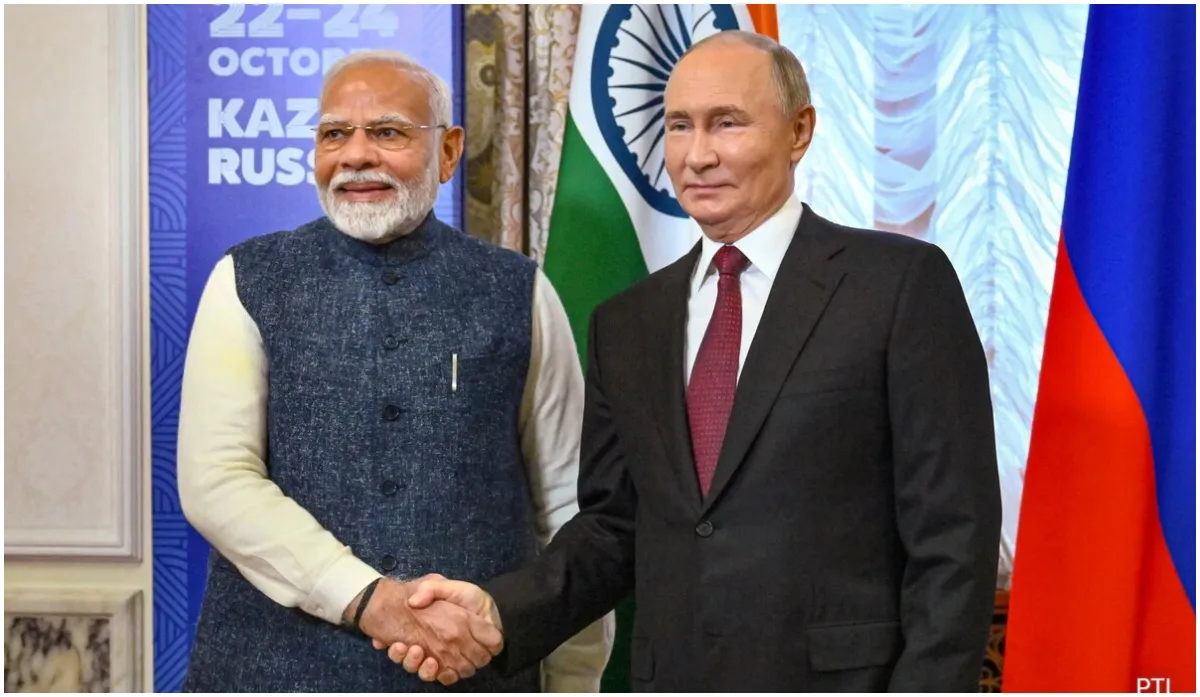

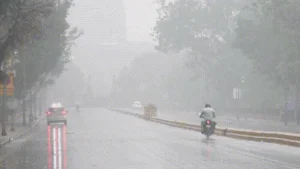
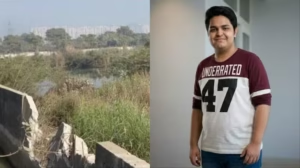
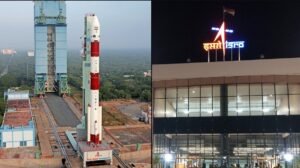
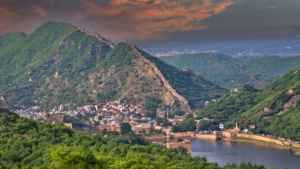
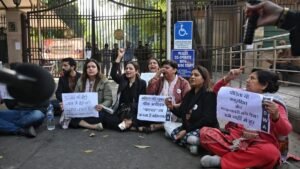
Be First to Comment